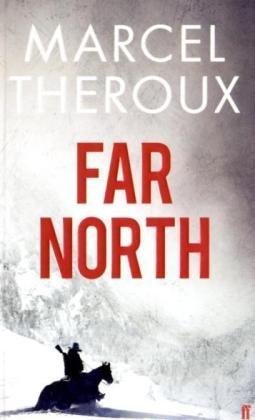 World War Z: An Oral History of the Zombie War, is a startlingly clever read, using a series of oral-history interviews with a range of World War Z survivors from around the world to illustrate a whole lot that is wrong with our current society: the attitudes and actions of the conservatives in the West; class and racial divisions; terrorism; environmental degradation; the inherent selfishness of our surburban lives; the weaknesses of capitalism; our attachment to objects and technology; and...but wait there's more [steak knives!].
World War Z: An Oral History of the Zombie War, is a startlingly clever read, using a series of oral-history interviews with a range of World War Z survivors from around the world to illustrate a whole lot that is wrong with our current society: the attitudes and actions of the conservatives in the West; class and racial divisions; terrorism; environmental degradation; the inherent selfishness of our surburban lives; the weaknesses of capitalism; our attachment to objects and technology; and...but wait there's more [steak knives!].You can read this book as a macabre adventure tale of the zombie rise and epic human resistance, told in riveting vignettes. And as a powerful critique of how humanity is facing our current crises and divisions, and how that might work out for us...or not.
There is some classic post-apocalyptic insights into the human soul here, some detailed and fascinating characterisation, as well as sweeping political summary and critique. The chilling "last stand" at Yonkers (complete with press pandering and the futility of mass armament in the face of terror[ism]) is pretty masterful stuff, as is its counterpoint, the heroic and mechanically awful battle at Hero as America reclaims itself. Another of my favourites was the close telling of one air-woman's story, trapped behind the lines and increasingly desperate; and the tale of a blind warrior in Japan and his faith in the core of his country.
There are women warriors, child warriors, blind warriors, armies in the "third" world, struggles in China, the novel takes us around the globe, big and small, working through the "history" of WWZ, from the first gory rise of the Zombie virus (cleverly mirroring the supposed development and reaction/lack thereof to HIV) and its spread, to the collapse of civilisation, to the rallying and defence, to the "victory" stages where the threat is largely defeated and humanity is cautiously peeking out from under the covers.
I really liked this book, in it's simplicities and it's complexities. I'll be reading it again soon to pick up more of that juicy social and political critique layer. Be warned before reading: there is some full on zombie slaughter, it's not for the faint of stomach.
9/10
Another read on Kindle for iPad.


